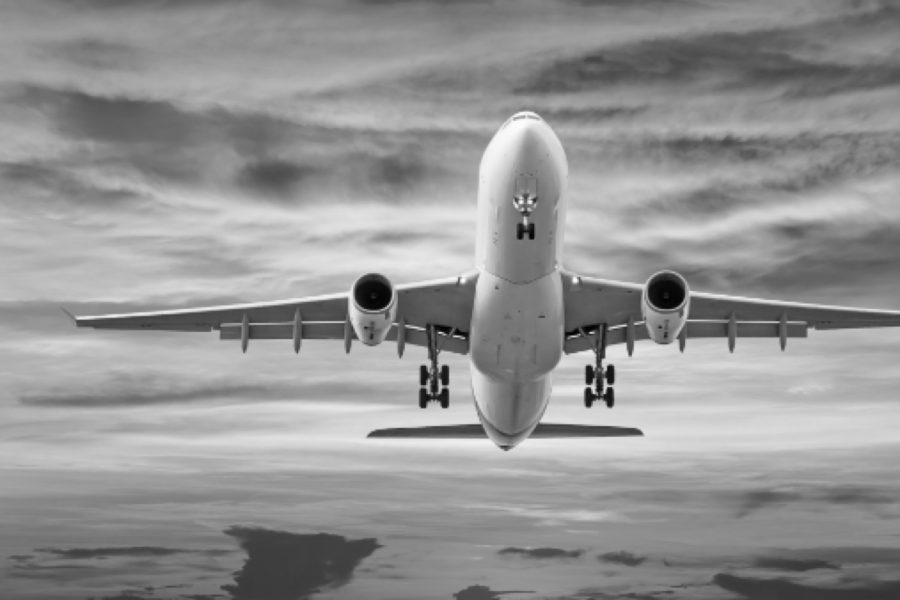I typically don’t find myself engulfed in social media hysterics, but I keep getting sucked into this recent United Airlines scandal.
To keep up with the Joneses, here’s my quick take on the recent craze. The goal is not to pick sides, but instead to dissect the events and understand how United became the brunt of internet backlash. Let’s look at some of the claims out there:
- “United Airlines beat up a passenger to get him off the flight.” While United may have requested the man to be removed from the plane, it was O’Hare security officers who forcibly removed the man from his seat and injured him. Objectively, should this raise questions about United or police brutality?
- “They shouldn’t be allowed to overbook flights.” The practice of overbooking and bumping people from flights is nothing new. It’s never been a crowd pleaser but it’s been an inevitable fact of air travel for years. They were reportedly offering $800-$1000 for the inconvenience. Could they have kept going higher? Yes. But weather is equally as likely to cancel passengers’ travel plans, with NOTHING in return. There is never a guarantee when you book a ticket that you will get to your destination on time. Airlines take a calculated risk that a certain number of people won’t show up for flights, and most of the time it works. And until it’s prohibited by law, they don’t have incentive to stop. (I won’t get into the debate on whether that should be a law.)
- “United prioritized their employees over passengers.” Optically, it doesn’t look great to kick off paying passengers for your own staff. Realistically, however, when staff members call in sick or flights get delayed airlines must adjust and reposition staff. They can’t always plan for these events. If they need last-minute staff in Louisville, the closest hub of on-call employees is in Chicago. Repositioning staff often prevents other flights from being cancelled altogether, which would have affected even more passengers.
- “The United staff was rude and threatened to ground the plane until people gave up their seats.” Rude customer service is beyond frustrating. Nobody wins. But does that make this whole situation United’s fault? Not to mention the flight staff were employees of Republic Airlines, which does business under United Express, American Eagle and Delta Connection. United bears responsibility for those employees ultimately but Republic Airlines is also at fault.
- “The CEO’s apology was horrible and didn’t apologize for injuring a passenger.” United swung and missed with this one, adding oxygen to the fire. If there was ever a time to fall on your sword, this was it. Take responsibility, investigate it and promise to avoid similar instances in the future. PR 101.
There were obviously breakdowns across the board, but is United Airlines unfairly taking the blame (and financial burden) of all of this? United is certainly not guilt free, but why are they under the microscope?
Human nature wants to put a symbolic face to issues rather than have a tougher “grey-area” discussion around what went wrong. United makes for much more of a symbolic face than O’Hare Security and Republic Airlines. Customers also tend have negative preconceived notions about big corporations (sometimes justifiable: Enron, Volkswagen, Wells Fargo). And United happens to be in an industry that gets even more public scrutiny. Air travelers subconsciously associating the industry with “nickel-and-dime,” “delays,” “hassle,” among other NSFW terms. Let’s just say the airlines haven’t built much goodwill with consumers and aren’t going to get the benefit of the doubt.
So what can we learn from this? How do companies avoid becoming the next scapegoat?
- Try to avoid bodily injury to your customers. This one is pretty straightforward.
- Build goodwill whenever you can. Stephen Covey talks about having an emotional bank account. The more you build up that bank account, the more it can withstand a withdrawal. United’s competitor, Southwest Airlines, builds up this goodwill by emphasizing their customer-centricity at every opportunity. One example can be found in their seat-back-pocket magazine, where they publish feel-good stories from customers about gate agents going out of their way to return lost items. These stories intentionally take up valuable real estate in the front of the magazine. This builds up emotional bank accounts so Southwest can better withstand a negative experience.
- Be transparent. Consumers aren’t going to give you the benefit of the doubt, especially if you keep them in the dark. Explain why processes (e.g. repositioning staff, overbooking flights) work the way they do: justify your actions. If you can’t explain a rule or process to your customers openly or clearly, maybe you should change it.
- Be empathetic. I doubt the flight staff was excited about having to kick people off the flight after they had already boarded. However, since they weren’t overly empathetic about the situation, it rubbed people the wrong way. It doesn’t have to be overly apologetic, but a little empathy with your customers goes a long way.
- Take Responsibility and Own How to Fix It. As stated earlier, the CEO’s tone-deaf response stirred up much the backlash. He failed to apologize for the biggest issue at hand (the fact that a man was forcibly injured), and instead skirted around it by apologizing for having to “re-accommodate passengers”. Besides demonstrating a lack of empathy, his apparent deflection (and subsequent internal memo praising his employees) eroded anyone’s trust that he would actually do something to fix the situation.



